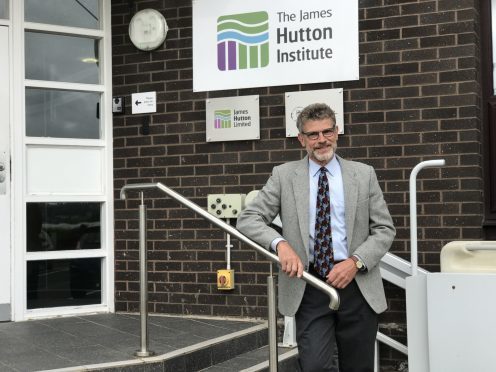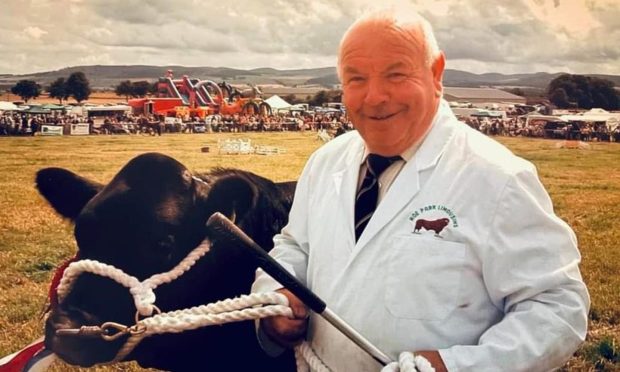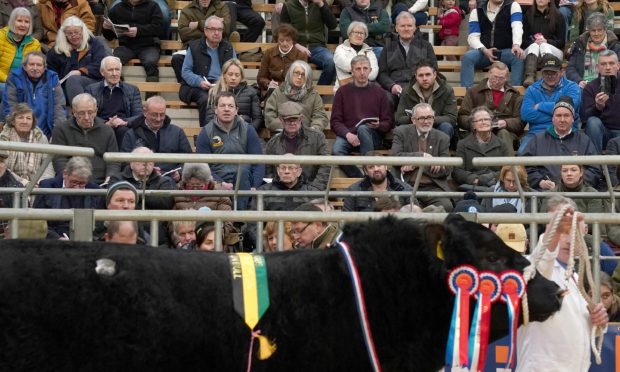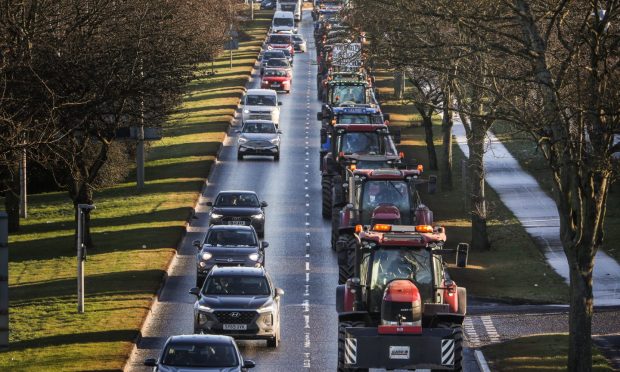The James Hutton Institute (JHI) lost almost half its external income in the year ended March 31, 2017 and has warned of the financial challenges it now faces.
The Invergowrie-based institute, which does world-leading research on soft fruit, grain and potatoes, has reported a 42% drop in earnings to £7.2 million from £12.4million previously in its annual accounts.
The Scottish Government’s element of capital income dropped from £3.1 million to just £100,000 in the year, and staff costs increased by £400,000 to £24.8million.
In his report accompanying the accounts, chairman Professor James Curran warned: “This level of capital expenditure is some way below what the trustees believe is required to adequately maintain the existing estate and infrastructure of the institute.
“This drop reflects the challenges faced in maintaining and growing contract income, in part due to the continued austerity across the UK economy but also the cyclical nature of grant awards from bodies such as the EU.”
The reports show a deficit of £2.1 million for the year compared to £0.6 million in 2015-16.
Prof Curran stated that obtaining additional capital funds and alternate sources of financing continued to be a priority. Bids for major infrastructure investment have been submitted to the Tay Cities Deal and, if successful, would be worth £68 million to the institute.
Prof Curran said the institute was monitoring the implications of Brexit and the impact on the volatility of the euro as JHI has a large number of external contracts funded from the EU which receive payment in euros.
He predicted that the future funding environment would continue to be challenging because of Government spending constraints and the uncertainty surrounding EU research funding post-Brexit. To compensate the institute is refocusing efforts on developing international work and growing external contract revenues.
Prof Curran said James Hutton Limited – the institute’s commercial subsidiary with responsibility for translating scientific research into commercial services, licences and products – had a turnover of £4.1million and a surplus of £400,000. This compares to turnover of £4.9million and a £1million surplus last year.
He said the results reflected “continuing difficult circumstances” in key sectors, such as oil and gas.
No one at the institute was available for comment.
nnicolson@thecourier.co.uk










